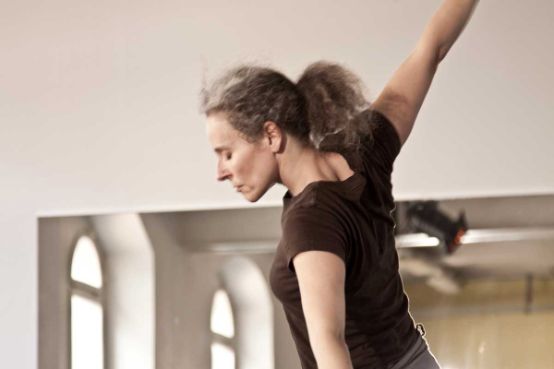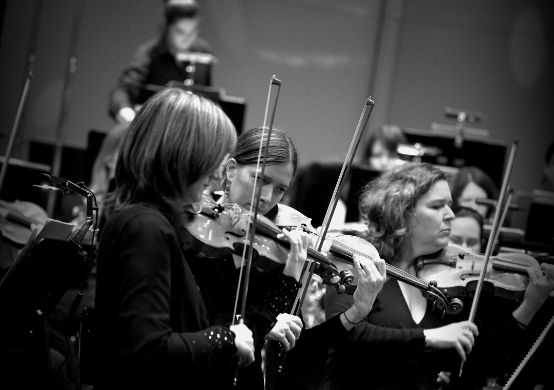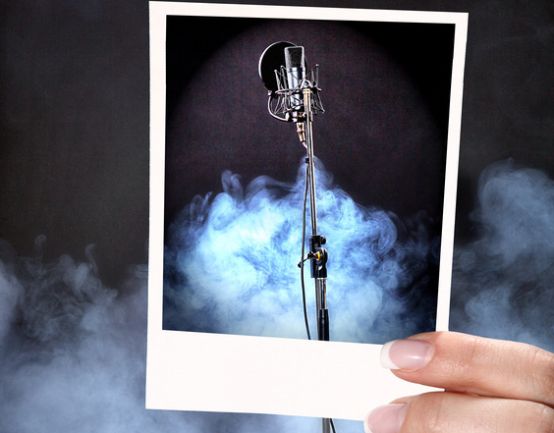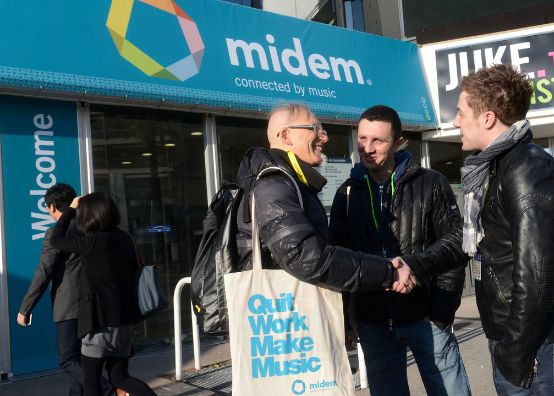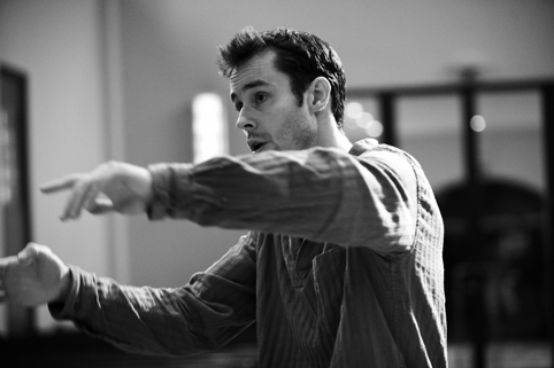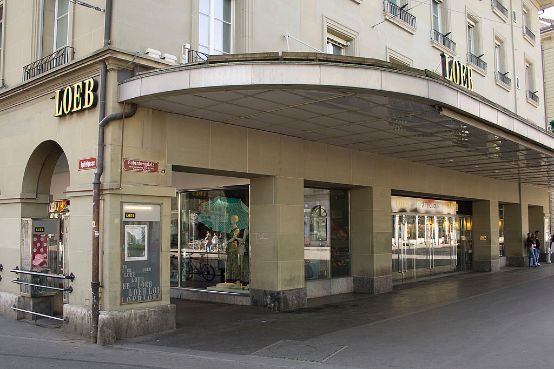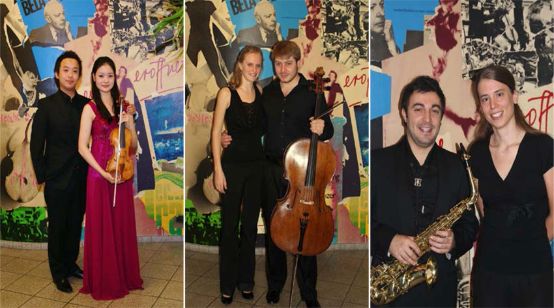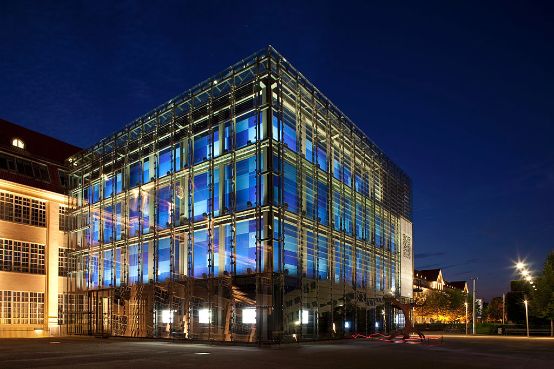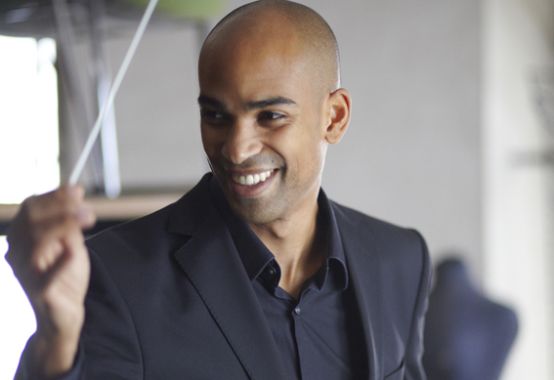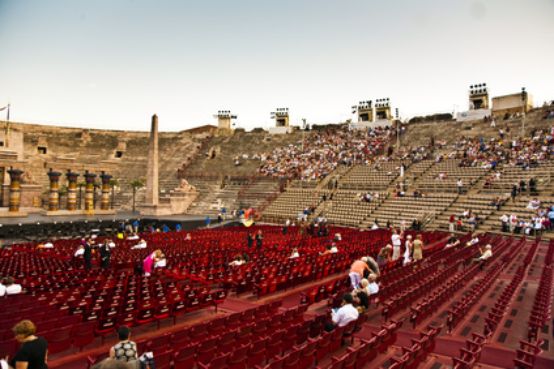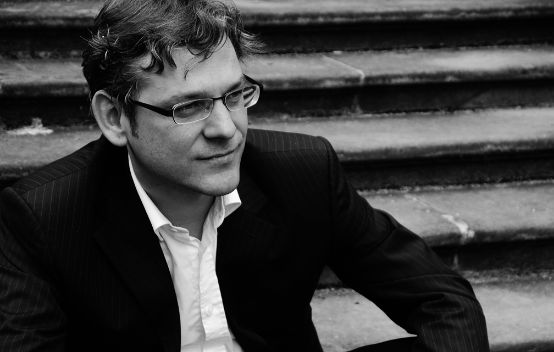Anyone who has ever been "enchanted" by music, who has forgotten themselves in the experience of music and has emerged deeply moved from this experience, has sensed one of the greatest secrets of music: it has the power to transport us into other dimensions of experience, it can be a key and access to meditative, mystical, spiritual experience.
When we experience the spiritual dimension in music, we discover the trinity of life. Namely the rhythm of life, the melody of life and the harmony of life.
Many Western composers and musicians from the Middle Ages to more recent times were spiritually oriented and have commented on this, for example Ludwig van Beethoven: "Music mediates between the spiritual and the sensory world".
For today's listeners, classical music is first and foremost a wonderful occasion for a sensual experience. That is a good thing. However, we often overlook the fact that the impetus for the creation of many musical works was a spiritual one. Many people today feel a renewed desire for a new spirituality in their lives and often turn to Eastern cultures. But our own culture also carries strong spiritual impulses that simply need to be rediscovered.
We see the task of the Spirit of Music events and concerts in Burgdorf as uncovering these roots and making them accessible to all interested people. At the same time, we would like to present productions that have emerged from the cross-fertilization of spiritual cultures.
The inclusion of the natural rhythms of the seasons, planetary forces and signs of the zodiac was also a matter of course for inspired composers of all eras of Western culture. Each key was recognized as an entity with its own character and specific effect on the human psyche.
We want to make this and much more tangible for everyone with all their senses at the international Spirit of Music in Burgdorf.
You can't touch music, but it touches you!
Since we as persons (personare = to sound through = the one who sounds through) can refine our ability to resonate by training our senses and intuition, we open our perception to the spiritual qualities of music.
It then reveals to us how it can help us to incorporate the harmony of heaven and earth, of spirit and nature, which is expressed in music, into our daily lives.
For all great composers, too, music is first and foremost a praise to God and the fullness of LIFE (capitalized = stands for infinite life). Or as Johann Sebastian Bach put it: "For the glory of God and the permissible delight of the mind".
Nowadays, we have become so far removed from the laws of life that surround us that the American preventive physician and psychiatrist John Diamond, in his book Life energy in music writes: "From the very beginning, the function of music has been the spiritual edification of the listener, the strengthening of his vital energy. We all know that music has this power and yet we rarely think about it when we make music, when we go to a concert or when we buy a CD; or we have forgotten the very reason for the existence of music".
In my professional field as a musician and natural healer, I am always accompanied and supported by Robert Schumann's saying: "Sending light into the depths of the human heart is the artist's profession."
It is well known that music has healing powers and supports healing processes on all levels. Novalis wrote about the healing power of music: "Every illness is a musical problem, the cure a musical resolution."
The statement by the well-known French nuclear physicist Charon also reminds us that everything is animated: "Every atom communicates with every other atom in the universe via the substance of antimatter (spirit)."
Modern physics confirms what the ancient sages, healers and initiates already knew thousands of years ago: everything is one and everything vibrates. And what vibrates sounds, even if we cannot hear it with our material ears.
Finally, Joseph von Eichendorff says: "If a song sleeps in all things that dream on and on, and the world begins to sing, you only hit the magic word."
To experience this and not just know it from books, you need the ability to listen. Active listening to music promotes personal growth and always leads to an expansion of consciousness. We therefore also see the Spirit of Music in Burgdorf as having an educational mission. The Department of Education of the Canton of Berne suggested this a few years ago and now we have the opportunity to do so again with our two creative workshops and the detailed introductory talks to the concerts.
The detailed program (PDF) can be herer can be downloaded.







